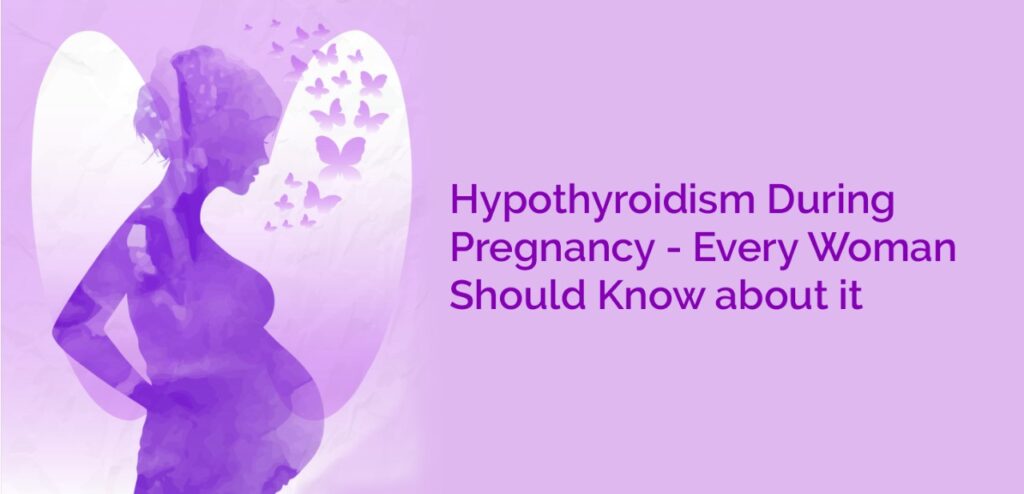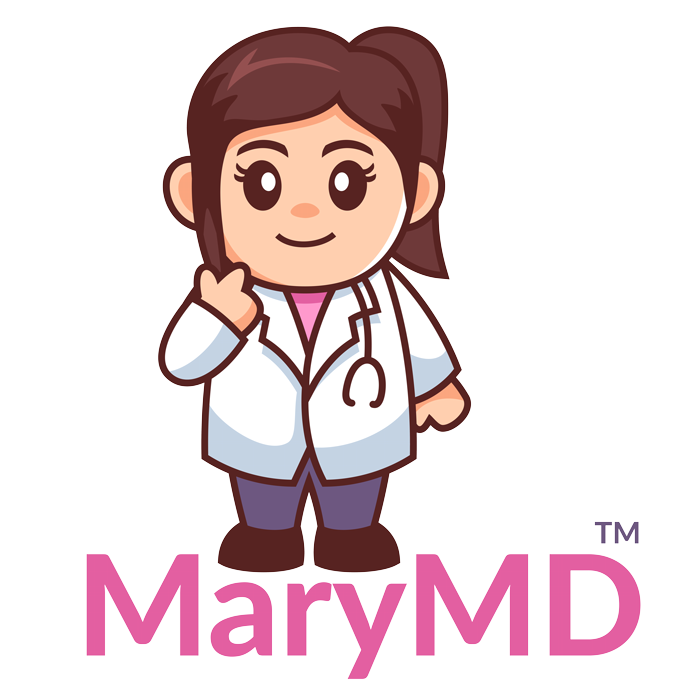
Hypothyroidism means an underactive thyroid gland, which does not make enough thyroid
hormone. Thyroid hormone controls the body’s metabolism.
What are the causes of hypothyroidism?
Overall, the most common cause of hypothyroidism is the autoimmune disorder known as
Hashimoto’s thyroiditis and occurs in 2 to 3 out of every 100 pregnancies.
More rarely, people who have had treatment for an overactive thyroid gland or a thyroid
tumor with surgery or radioiodine therapy may develop hypothyroidism.
What are the symptoms of hypothyroidism?
Untreated, or inadequately treated, hypothyroidism has increased risk of miscarriage, and
has been associated with maternal anemia, myopathy (muscle pain, weakness), Carpal
tunnel syndrome, Constipation, fatigue, Skin and hair changes, inappropriate weight gain,
cold intolerance, Swelling of the face, congestive heart failure, preeclampsia, placental
abnormalities, and postpartum hemorrhage. These complications are more likely to occur in
women with severe hypothyroidism.
Women with mild hypothyroidism may have no symptoms or attribute symptoms they have
to the pregnancy.
How is thyroid function tested?
Thyroid function tests are the mainstay. You will have blood test that measures thyroid
hormone (T4) and serum TSH levels to check for hypothyroidism. Hypothyroidism is often
suspected when TSH levels are above normal and T4 levels are below normal.
How is hypothyroidism treated during pregnancy?
Thyroid hormone replacement is used to treat the mother. Dosage of thyroid hormone
replacement therapy is based on the individual’s levels of thyroid hormones. Thyroid
hormone levels may change during pregnancy. And, the thyroid replacement dosing may
also change. Thyroid hormone levels need to be checked every 4 weeks during the first half
of pregnancy. Your doctor will most likely prescribe levothyroxine. Levothyroxine is safe for
your baby and especially important until your baby can make his or her own thyroid
hormone.
